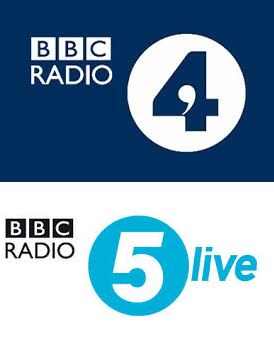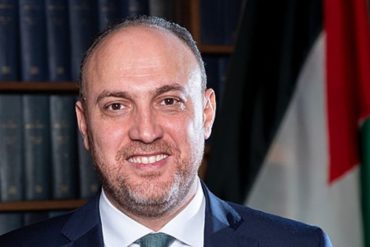1) At Mosaic magazine, Rick Richman takes a look at the significance of the eighty year-old Peel Commission.
“In this epochal year of Zionist anniversaries—the 120th of the First Zionist Conference in Basle, the 100th of the Balfour Declaration, the 70th of the 1947 UN Partition Resolution, the 50th of the Six-Day War—there is yet another to be marked: the 80th anniversary of the 1937 British Peel Commission Report, which first proposed a “two-state solution” for Palestine.
The story of the Peel report is largely unknown today, but it is worth retelling for two reasons:
First, it is a historic saga featuring six extraordinary figures, five of whom testified before the commission: on the Zionist side, David Ben-Gurion, Ze’ev Jabotinsky, and Chaim Weizmann, the leaders respectively of the left, right, and center of the Zionist movement; on the Arab side, Haj Amin al-Husseini, the Mufti of Jerusalem; and on the British side, Winston Churchill, who gave crucial testimony in camera. Louis D. Brandeis, the leading American Zionist, also played a significant role.
Second, and perhaps even more important today, the story helps to explain why, a century after the Balfour Declaration, the Arab-Jewish conflict remains unresolved.”
2) At the Times of Israel, Yaakov Lappin asks “Can Israel live with Fatah-Hamas Unity?“.
“Hamas, isolated and under growing economic pressure, might be willing to hand over the keys to political power in Gaza, and free itself of the draining responsibilities and countless dilemmas that come from ruling over Gaza’s two million people. This would allow Hamas to focus on its military wing, and on its top priority objective of building up its Gazan terrorist-guerrilla army. Where does all of this leave Israel?”
3) The BESA Center has published a paper by Yaakov Lappin concerning “The Low-Profile War Between Israel and Hezbollah“.
“In defiance of UN Security Council Resolution 1701 that ended the 2006 Second Lebanon war, Hezbollah and its Iranian patron, with the assistance of the Bashar Assad regime, are filling Lebanon with surface to-surface projectiles, and aiming them at population centers and strategic sites in Israel. To forestall this threat, the Israeli defense establishment has, according to media reports, been waging a low-profile military and intelligence campaign, dubbed “The War Between Wars,” which monitors and occasionally disrupts the transfer of advanced weapons to Hezbollah. This campaign has allowed Israel to reportedly exhibit the extent of its intelligence penetration of Hezbollah and the prowess of its precision-guided weaponry, thus boosting its deterrence, but has not weakened Hezbollah’s determination to expand its vast missile and rocket arsenal. It also carries the calculated risk of setting off escalation that could rapidly spin out of control.”
4) Also at the BESA Center, Dr Asaf Romirowsky discusses “How Palestine “Occupies” Itself“.
“A consistent Palestinian strategy for seeking statehood while blaming Israel for its absence has been codified through the narrative of “occupation.” The anniversary of the 1967 war brought this to the forefront in endless accusations regarding the Israeli “occupation” of the West Bank. There is even an assertion that Gaza is still “occupied.”
Occupation is a Palestinian tool to avoid negotiations, since “no tactical brilliance in negotiations, no amount of expert preparation, no perfect alignment of the stars can overcome that obstacle.” Nor is progress in Palestinian economics, institution-building, or civil society possible, because – as Nabeel Kassis, Palestinian Minister for Finance, put it – “Development under occupation is a charade.” Even the Palestinian Authority’s own repression and crackdown on freedom of the press is, according to Hanan Ashrawi, caused “of course [by] the Israeli occupation.” And despite the palpable underdevelopment of Palestinian institutions and civil society, Europe must keep funding them, since “Preparedness for several possible scenarios with a long-term focus on functioning institutions is what is required from the EU and other donors in Palestine.””




